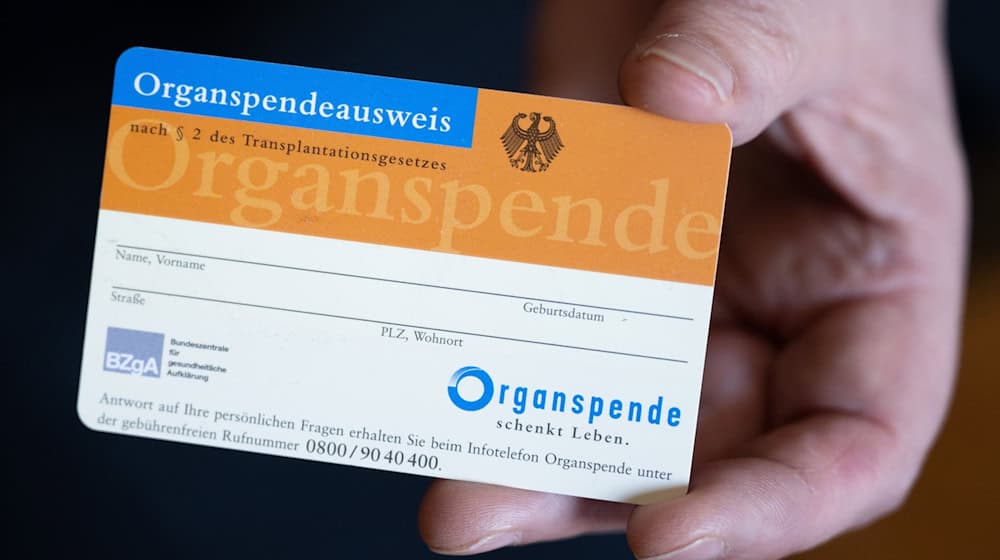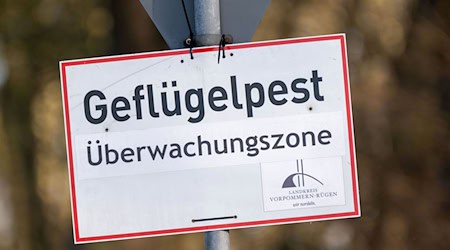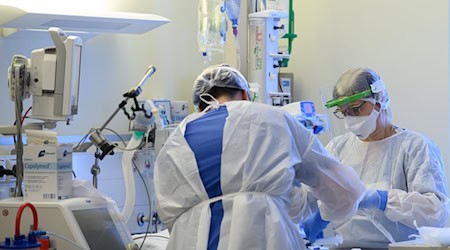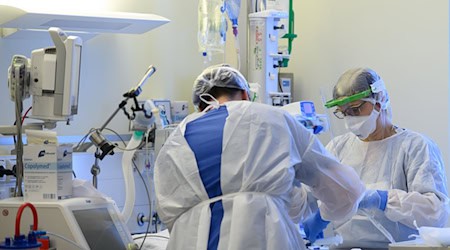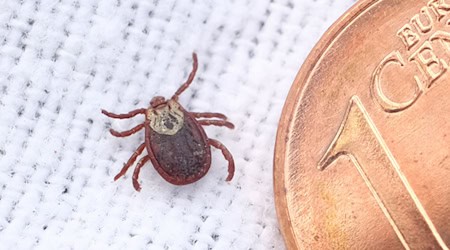In Saxony, the number of organ donors and transplants is on the rise again. According to the German Organ Transplantation Foundation (DSO), 66 people across the state donated one or more organs after their death last year, five more than in 2022. At 16.1, the number of organ donors per million inhabitants remained well above the national average of 11.4. At the end of April, 372 people were waiting for a transplant, which is life-saving in many cases.
On this year's Organ Donation Day (June 1), the Saxon State Medical Association renewed its call for the introduction of an opt-out solution. "We need to provide more information about organ donation so that even more people actively make a decision and record it in writing," said President Erik Bodendieck, referring to the declining number of donors despite all efforts. According to a survey conducted by the Federal Centre for Health Education, 84 percent of people have a positive attitude towards organ and tissue donation - but only 44 percent have recorded their decision in writing.
According to DSO statistics, a total of 386 organs are currently needed in Bavaria. With 263 patients, the waiting list for kidneys is the longest. 50 people need a liver, 36 a heart, 20 a pancreas and 17 a lung. The number of organs donated has been declining since 2020. In 2023, 133 transplants were carried out, 12 more than in the previous year. In 2019, however, the number was much higher at 181, but by 2022 it had fallen to 121.
In the first four months of 2024, 26 organ donors were recorded, 3 more than in the same period last year. By the end of April, 58 organs had been donated, 17 fewer than in the same period in 2023, although 4 more transplants were performed (46). The number of donated organs has been decreasing since 2020, with 185 in the following year, 42 fewer.
Life-saving organ donations are only permitted in Germany with explicit consent. In order to encourage more citizens to make a concrete decision about donation after their own death, more information is being provided. Every year since 1963, Organ Donation Day has been held on the first Saturday in June to commemorate all organ donors, thank their relatives and promote organ donation.
"Far too many people are still waiting for a donor organ," said Social Affairs Minister Petra Köpping (SPD). In Saxony, the numbers of organ donors and donated organs have been stable for years, "but unfortunately at a low level". Köpping therefore hopes that the opt-out solution will be introduced. Every effort must be made "to create a culture of organ donation in Germany and thus save lives".
The introduction of the opt-out solution in Germany could improve the situation of those waiting for a life-saving operation in the long term, said Felix Pfeifer, Managing Director of the Eastern Region at the DSO. It would be desirable if thinking about organ donation at the end of life became a matter of course and this became the norm. Discussing the topic is still a taboo, said the Leipzig-based doctor. "Under the current conditions, the greatest appeal is that people decide for or against" and document this in writing or communicate it verbally.
Copyright 2024, dpa (www.dpa.de). All rights reserved

